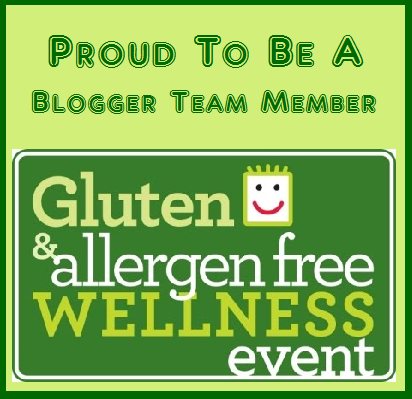With Valentine's Day coming up so soon, I imagine many of us are thinking about chocolate. (Er...more so than usual, I mean.) I recently had the opportunity to tour Theo chocolate in Seattle - in fact, the only organic, fair-trade, bean-to-bar chocolate maker in the United States.
In preparation for this field trip, my class covered a lot of interesting and eye-opening information about chocolate and its production. Some of these things can help you make sure the sweets you may buy are truly sweet in all senses of the word - for you, the environment, and everyone involved in making them.
Interesting fact of the day: Did you know that chocolate is a fermented product? The fruit on the outside of the beans is fermented by yeasts and bacteria, which infuses the bean with compounds that give chocolate its complex, fruity flavour. This process must be carefully monitored, though, to avoid mold growth. (Many companies operate on such a large scale that the fermentation isn't monitored...meaning there is mold in those cheap chocolate bars!) After the fruit has fermented, the beans are dried in the sun. All this is done before the beans can be shipped for roasting. The process is much like coffee roasting, but it smells even better, if you can believe that!
 |
| These are the cocoa nibs. They taste sort of fruity and nutty. Photo: Flickr user La.Catholique (CC Attribution licensed) |
We got to taste some freshly-roasted cocoa nibs...
Did I mention that the whole factory smelled delicious??
Some of this aroma was coming from the soon-to-be chocolate as it was conching - the process that evenly distributes cocoa solids and cocoa butter for a smooth texture and full flavour. The heat and hours of mixing also allow acids left over from fermentation to evaporate. Many manufacturers cut this step short, though, and add baking soda or potassium bicarbonate to neutralise the acid (this is what is called Dutch-process or alkalized cocoa). This has the sometimes-desired effect of darkening the chocolate, but adding the alkalizing agent also destroys much of the chocolate's antioxidant benefits! That piece of information is usually not mentioned when dark chocolate is touted as "healthy;" look for chocolate that is not alkalized/Dutch-processed.
 |
| Here is the roaster and the machine that removes shells from the beans. Photo from Theo's website. |
We got to sample several of their chocolates throughout the tour, of course. It is possibly the best chocolate I have ever had. And no, they're not paying me to say that! Honestly, this chocolate is amazing. They do make just one bar that isn't gluten-free, but the wheat isn't added until the very end (as in, just before pouring into molds) and they are careful to clean all the equipment thoroughly. They are also one of very few chocolate makers who don't use soy lecithin.
 |
| In addition to plain chocolate, Theo also makes a number of interesting and creative flavoured bars. The coffee is one of my favourites. |
The biggest issue I wanted to mention, though, comes long before the cacao beans are made into chocolate: the concept of Fair Trade. I am ashamed to admit I didn't know that much of the world's cacao, grown in western Africa, is produced through child slavery. (And that is the cacao grown for Hershey's, Nestle, and so on.) After learning that, it was very sobering to consider just how ubiquitous cheap chocolate is - in candy bars, ice cream, and so on - and how many of us buy those things without thinking about where it really came from.
It seems the only sure way to avoid supporting that industry is to choose Fair Trade-certified chocolate. All of the beans used by Theo are Fair Trade, with most of it grown in smallish crops in Central America. Some of the chocolates they make are single-origin, too - this means you can taste the difference between regions, a concept known as terroir. It's the same principle as the regional taste differences in wine and coffee. Part of it is the mineral composition in the soil, and since it is a fermented food, regional differences in microorganisms play a part as well, just as with wine and cheese.
So, when you are choosing some sweets for your sweetie (or for yourself, for that matter!) look for fair-trade certification on the label - for ethical reasons, yes, but due to the production processes it is also likely to be better quality overall. How much sweeter could it be?


